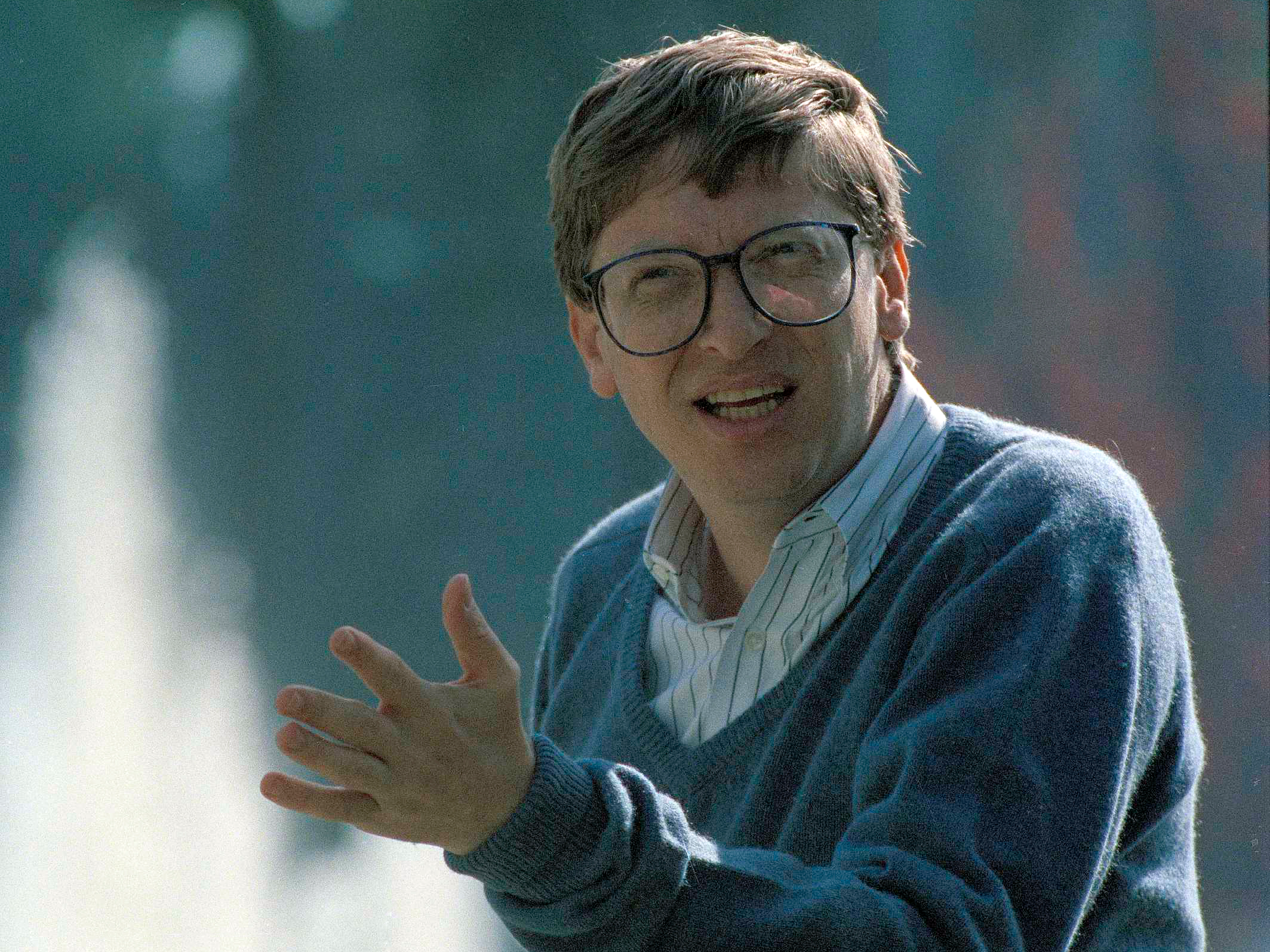- Bill Gates, Sheryl Sandberg, Mark Zuckerberg, and other leaders have been asked the same question in interviews time and time again: “What advice would you give to your younger self?”
- Business Insider has gathered our favorite quotes from successful leaders, pulled from interviews conducted over the years and quotes compiled by a marketing campaign from the company AdView.
- Visit Business Insider’s homepage for more stories.
The people we’ve come to associate with the most successful technology companies were once relatively unknown names with big dreams. So if they could do it all over again, would they do it any differently?
The answer to this commonly-asked interview question tells us what we want to learn from the people who have, in our eyes, “made it.” And leaders in the tech industry are successful because they created something – or saw potential in something – in a way that no one else did. The advice they would give their younger selves, then, is often informative and motivational.
Digital advertising company AdView compiled quotes from across the internet to create these inspirational posters for a series called “What Would You Tell Your Teenage Self?” We found our favorites and pulled a few others from various interviews over the years from the leaders and executives at companies like Apple, Facebook, Intel, Pandora, Airbnb, and more.
Here’s the advice these 16 leaders in the tech industry told interviewers they would tell their younger selves:
"Smartness is not single dimensional and not quite as important as I thought it was back then."

In Bill Gates' Reddit AMA from 2017, user UncomfortableChuckle asked "If you could give 19 year old Bill Gates some advice, what would it be?"
The second richest man in the world - behind Amazon CEO Jeff Bezos - responded:
"I would explain that smartness is not single dimensional and not quite as important as I thought it was back then. I would say you might explore the developing world before you get into your forties. I wasn't very good socially back then but I am not sure there is advice that would fix that - maybe I had to be awkward and just grow up...."
"Find work you love. Believe you can do anything. There is no straight path to where you are going."
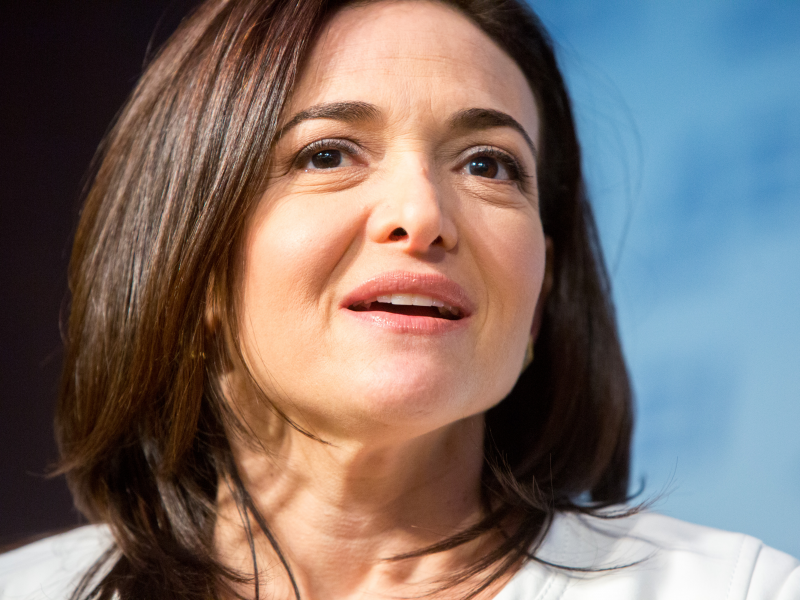
The question was posed by a Quora user, and Sandberg took the time to lay out a detailed response, in the form of three pieces of advice instead of just one.
- Find work you love. When you believe in what you are doing, you can combine passion with contribution - and that is a true gift. Keep trying and you will find what you love to do… and once you do, you will crush it.
- Believe you can do anything. This is important for everyone and especially for women. Don't let anyone tell you can't have both a meaningful professional career and a fulfilling personal life. When you hear someone say you can't do something, know that you can and start figuring out how. Ask yourself, "What would I do if I weren't afraid?"
- There is no straight path to where you are going. If you try to draw that line you will not just get it wrong, but you will miss big opportunities. As Pattie Sellers of Fortune Magazine says, careers are not ladders but jungle gyms. You don't have to have it all figured out. I recommend adopting two concurrent goals.
"A healthier lifestyle ultimately makes me more creative and allows me to think more cohesively."
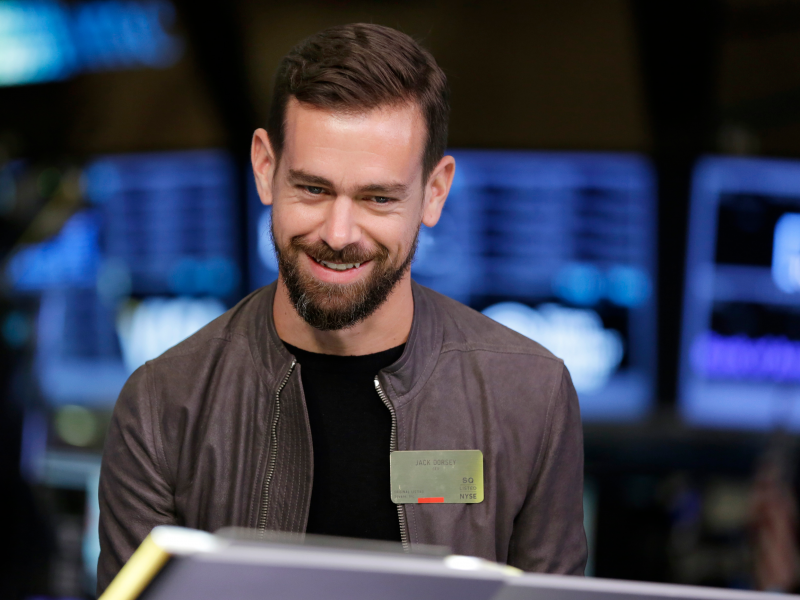
That was Dorsey's simple response when Y Combinator interviewed the Twitter CEO in 2016.
"When I was young I didn't understand the value of exercise or health and how that affected my intellect," he said. "I think it was useful for me to go to all the extremes to find the balance I have now, but I wish I focused more on being healthier in the past. A healthier lifestyle ultimately makes me more creative and allows me to think more cohesively."
"You're going to make mistakes no matter what you do. People spend a lot of time focusing on not making mistakes or regretting them but you shouldn't strive to be right about everything."

Zuckerberg answered the question during a 2015 user Q&A that Facebook livestreamed.
"Before getting swept up in the competitors that define so much of life, ask yourself whether you even want the prize on offer."

He told conservative student magazine Intercollegiate Review this during an interview back in 2015.
"The joy is in the journey."

Cook has said this multiple times - during a commencement speech for Auburn, for example - but most recently said it in March in response to a question from the audience after an in-person interview
"No matter what you choose, build stuff and be around smart people. 'Stuff' can be a lot of different things ... but, obviously, sitting around talking with your friends about how you guys really should build a website together does not count."

Here is Altman's whole response:
"Usually, people are deciding between going to college (and usually working on side projects while they do so), joining a company, or starting their own startup. The secret is that any of these can be right answer, and you should make your decision based on the specific circumstances of each option.
"The critical point is that you want to do the thing that is most likely to get you on a path to do something great. No matter what you choose, build stuff and be around smart people. 'Stuff' can be a lot of different things - open source projects outside of class, a startup, a new sales process at a company you work at - but, obviously, sitting around talking with your friends about how you guys really should build a website together does not count."
"Be unapologetically true to yourself, both in business and in life in general ... if you do, and broadcast that to the world, over time, the right people will find you."
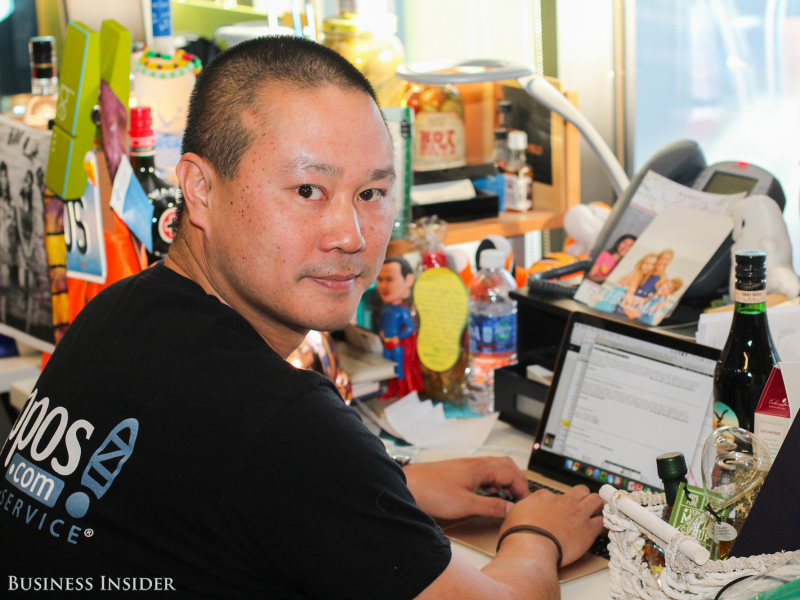
The entrepreneur responded to an email from show host Shivad Singh, who was compiling answers from "the world's most successful people."
"Problems happen. Plans fail. Don't be disheartened when things don't go as you'd hoped."

"It's very easy - in life or in work - to overreact, to think that problems indicate that you are incapable, or that the project you've undertaken is doomed to failure," he said.
Rosenstein also added:
"But almost any undertaking involves a steady stream of unforeseen difficulties and mistakes. The key is to not freak out; just calmly deal with each problem, one at a time, until you achieve your desired outcome, or feel inspired to choose a new one. With experience, you will learn to see the bigger picture, less fazed by life's ups and downs."
"Enjoy failing fast rather than spending so much time figuring out how to be perfect, or even worse, being paralyzed by fear of being perfect."

Source: Head Start
"Take the next step."

Source: Head Start
"Never see being different as a flaw or think that something is wrong with you. Being different is your biggest asset and will help you succeed."

This is an excerpt from a letter entitled "My letter to my younger dyslexic self," published to Virgin's website.
"It gets better ... it's important to learn new things and expand your horizons."
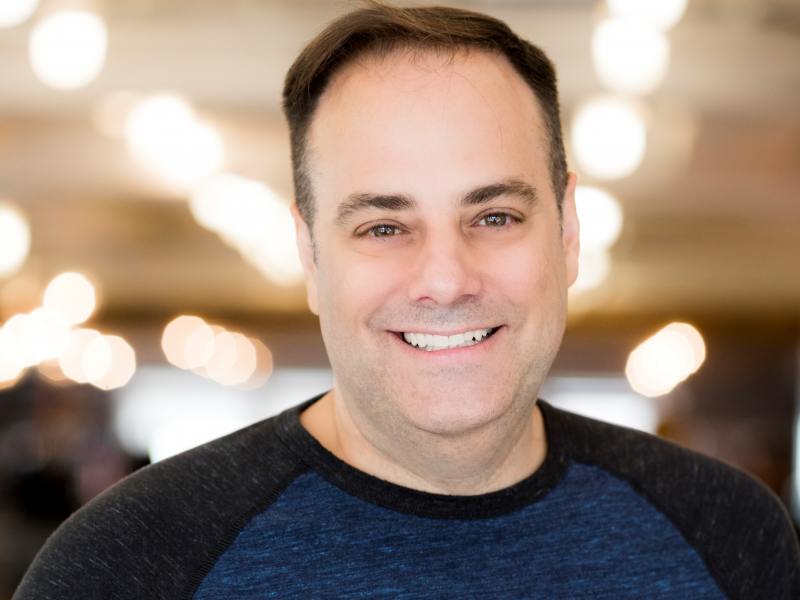
According to this response to Forbes, Spolsky was referring to an anthropology class he took in college to fulfill a required credit.
He said it was boring at the time, but it taught him a lot about making companies that are based on and driven by helping people.
"Whether it is a change of job, or an entrepreneurial dream, the less you need to spend each month, the easier it is to follow those dreams."

"I think one of the things that most 21-year-old people should do is to recognize now that you can make life choices which control your expenses, and that controlling your expenses is one of the most crucial steps toward the kind of financial independence that you need in order to follow your dreams in the future."
His favorite rule of thumb for this piece of advice? Never go into debt to finance anything luxurious. Only do it for necessary investments like education.
"'No' is often just the starting point."
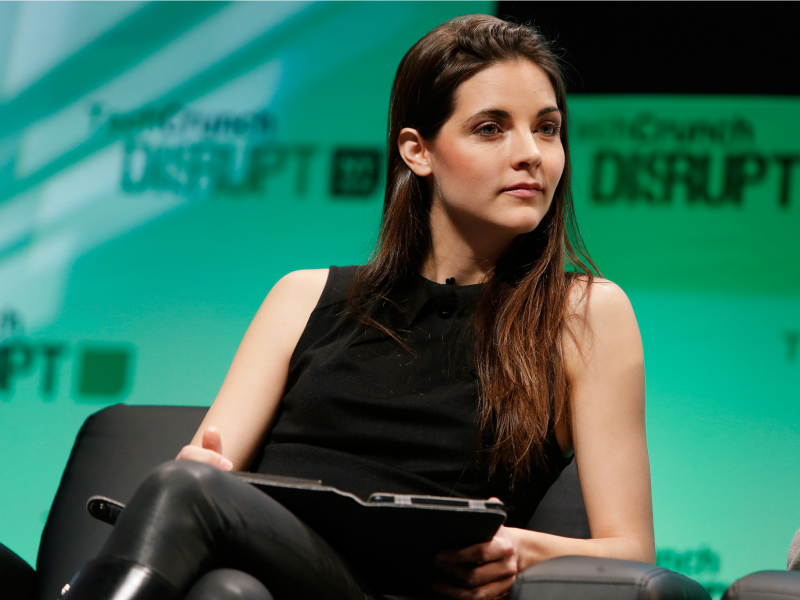
"And most careers worth having involve a fair amount of determination, grit, and just general 'try try again'-ing," she added.
"Be okay with things building up over time."

"Something I didn't appreciate until recently is that there any many productive decades ahead with which to build the things that I feel need to exist in the world. One of the best things I did then was avoid any press or capitalization on my age (to the extent I could) because youth is an ephemeral asset and just a novelty in business."
"Be sure to ‘notice’ ideas when you have them. Stop. Take the time to consider them seriously. And if your gut tells you they’re compelling, be fearless in their pursuit."
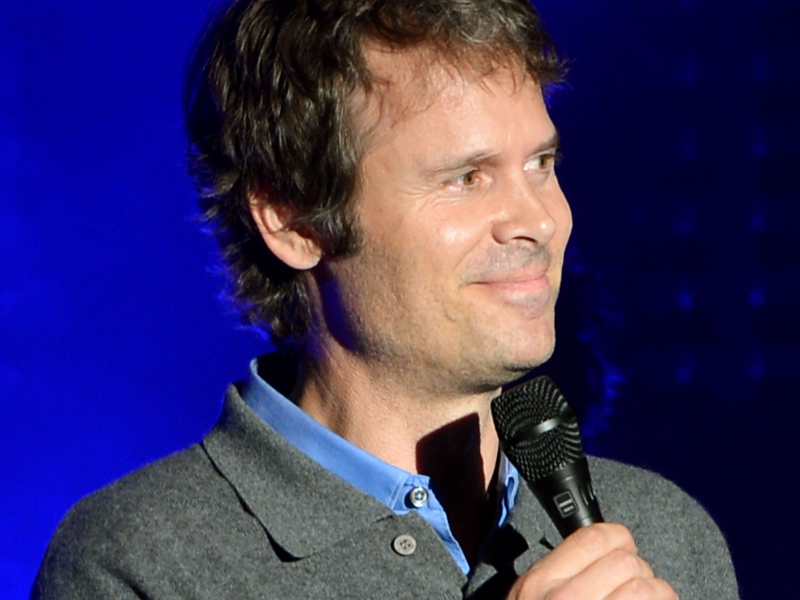
"For most people," he continued in his response to Forbes, "the idea of chasing a personal passion or being entrepreneurial is simply something they don't think of themselves doing. We're so programmed to walk well-trodden paths. But, we live life only once. So, rather than avoiding the risk of trying, avoid the risk of not trying. Nothing is more haunting than thinking, 'I wish I had...'."
"It’s not about building every feature or understanding everything the first time around. It’s about creating the best, tailored experience for your community and company."
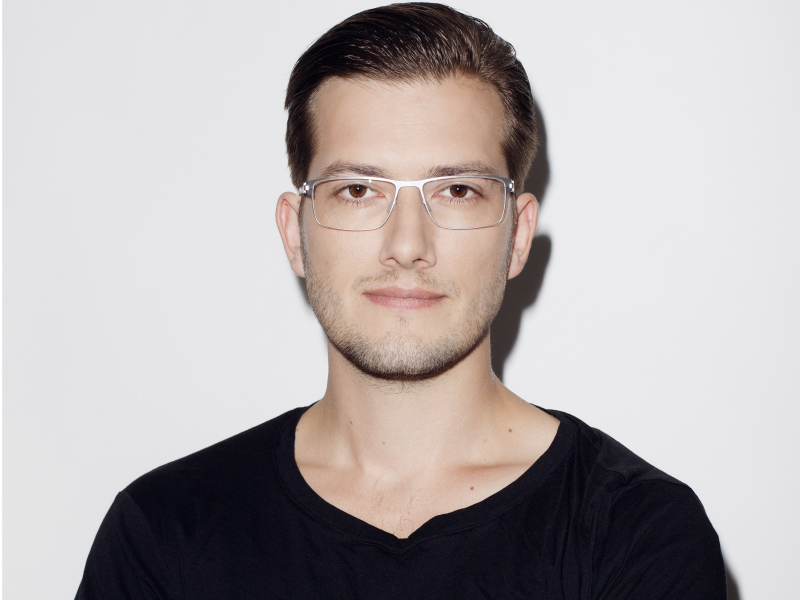
Ljung said that when he makes decisions around leadership, design, and product, he often references a quote that T.S. Eliot had reportedly used: "If I had more time, I would have written a shorter letter."
